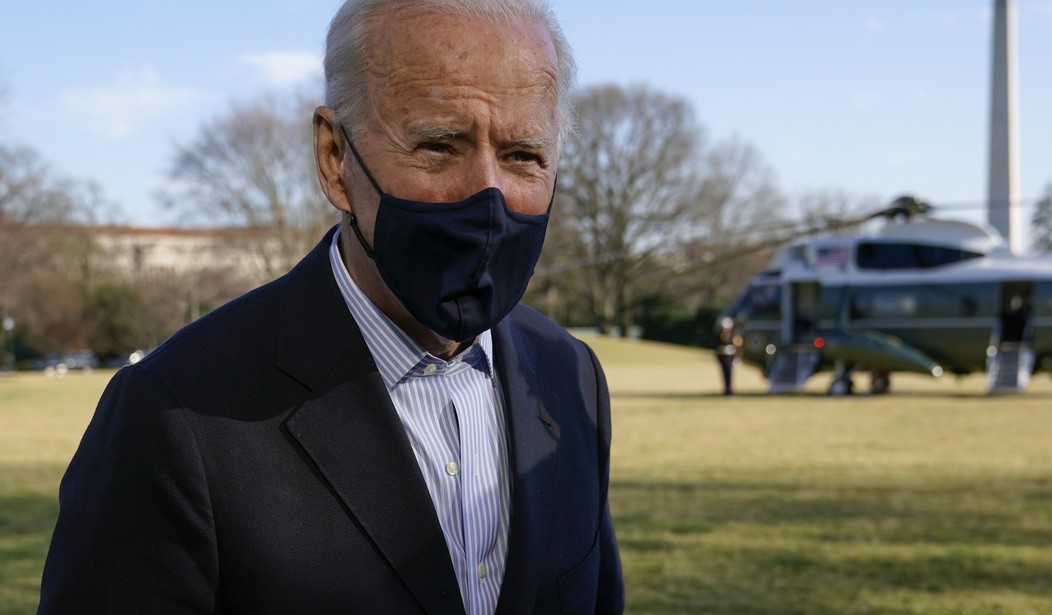A new poll—released exclusively by Townhall in partnership with Young America's Foundation—found that 25% of America's high school and college students don't believe President Biden is mentally fit enough to handle the job of president.
When asked to select the biggest issues facing their generation, students ranked racial and ethnic inequality, the spread of COVID-19, and climate change as their top three most pressing crises.
The poll—which surveyed roughly 800 current high school students and 800 current college students between March 30 and April 7—found students approve of President Biden's handling of the economy by a margin of 58% to 28%.
Students view Biden's handling of foreign affairs and international relations a bit more negatively, with 51% approving of his actions so far while 30% disapprove. 31% of students are not confident that Joe Biden is an effective leader when it comes to the needs of young people.
With Tax Day rapidly approaching, YAF and Townhall also polled students on economic issues of the day.
Respondents were asked what percentage of their income they believed the government could rightfully collect in taxes and students responded with a mean of 19.1%.
A majority—70%—of students believe large corporations should pay more in taxes while 50% of students believe small businesses should be taxed at a lower rate.
Recommended
And while 45% of high school and college students say that most average Americans are paying a fair amount of taxes, 49% of those same students believe their tax dollars are not being spent effectively by the government.
When it comes to government spending priorities, more students would increase (rather than decrease) funding for education, health care, and green energy. On the flip side, more would decrease than increase spending on foreign aid, military defense, and infrastructure—a major focus of the Biden Administration.
As the Wuhan coronavirus pandemic continues to affect the lives of Americans, including students, their opinions on the best path forward are contradictory.
More than half of students—52%—say they're confident that it is safe for schools in their community to hold in-person classes right now, but 57% of the same sample think it's best to wait to reopen for in-person instruction to minimize the risk of coronavirus infections.
This, of course, flies in the face of CDC officials' statements that it's safe to return to in-person learning, even without vaccination being necessary to return to the classroom.
Unsurprisingly, slightly more than half of high school and college students reported learning less during distance learning than they did via in-person instruction. Six-in-ten said they don't believe distance learning provides the same value as in-person instruction.
Students reported their main challenges with online learning are staying motivated to learn, getting proper instruction, being able to ask questions and interact with their teachers, and learning from and interacting with their peers.
Despite these hardships, 64% of students still agree that disruptions caused by the Wuhan coronavirus are necessary to keep people safe, even if those disruptions negatively impact their generation.
























Join the conversation as a VIP Member